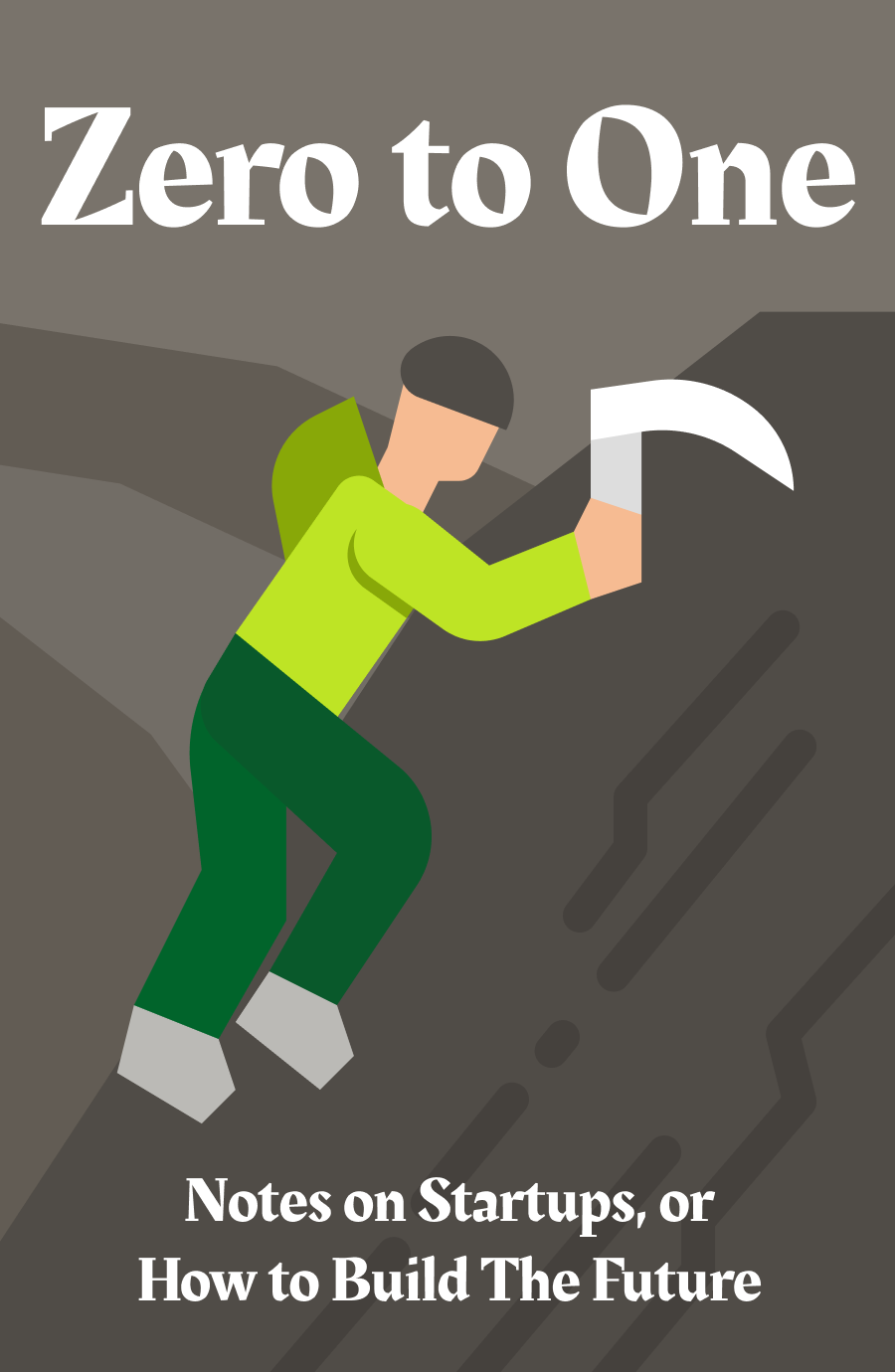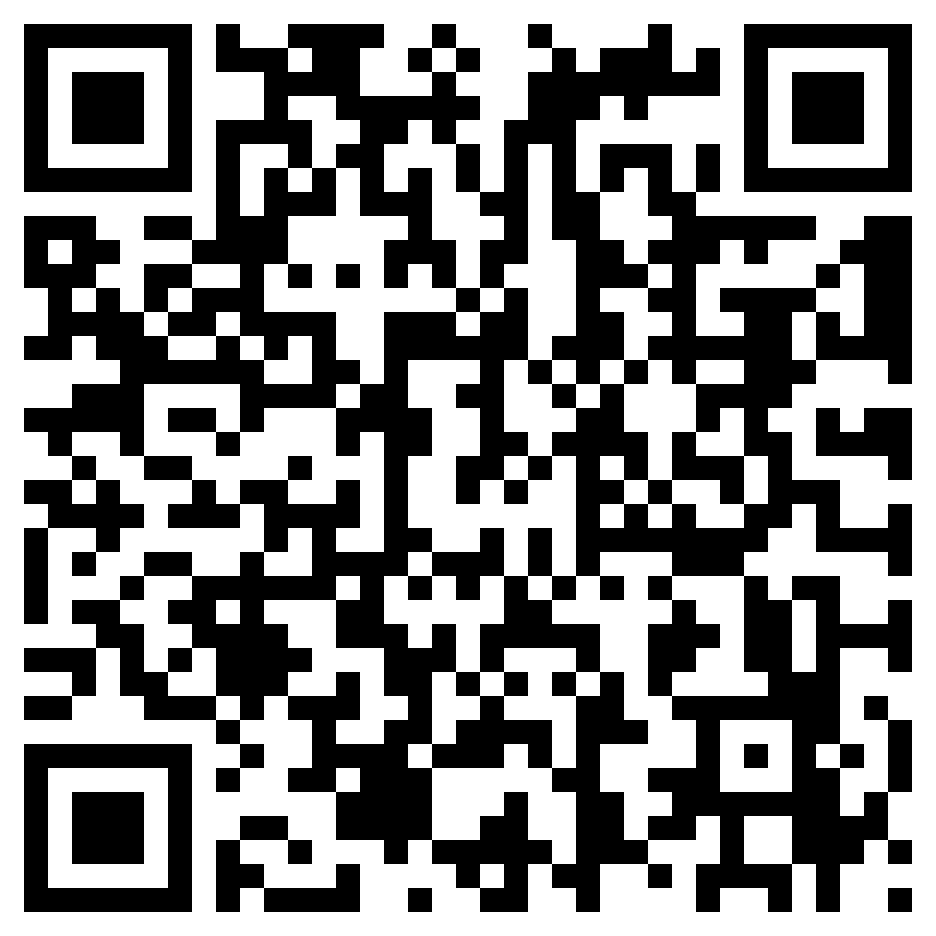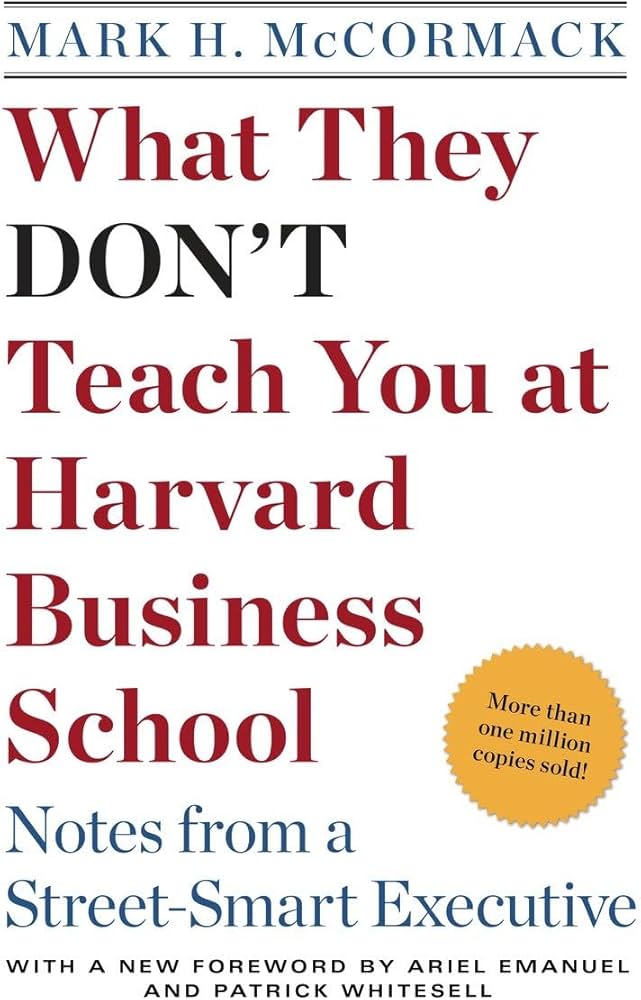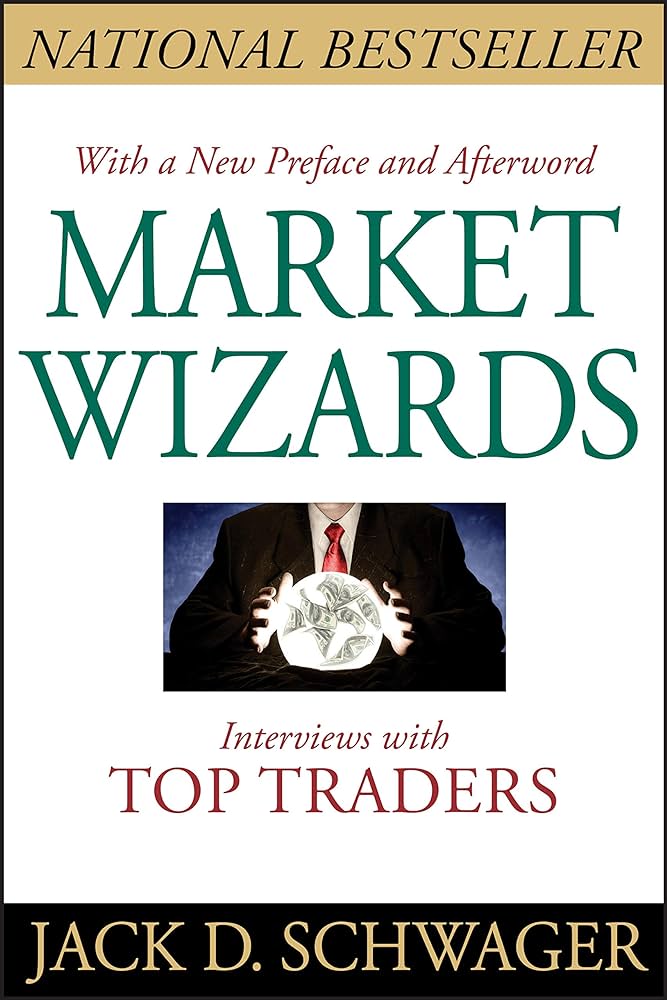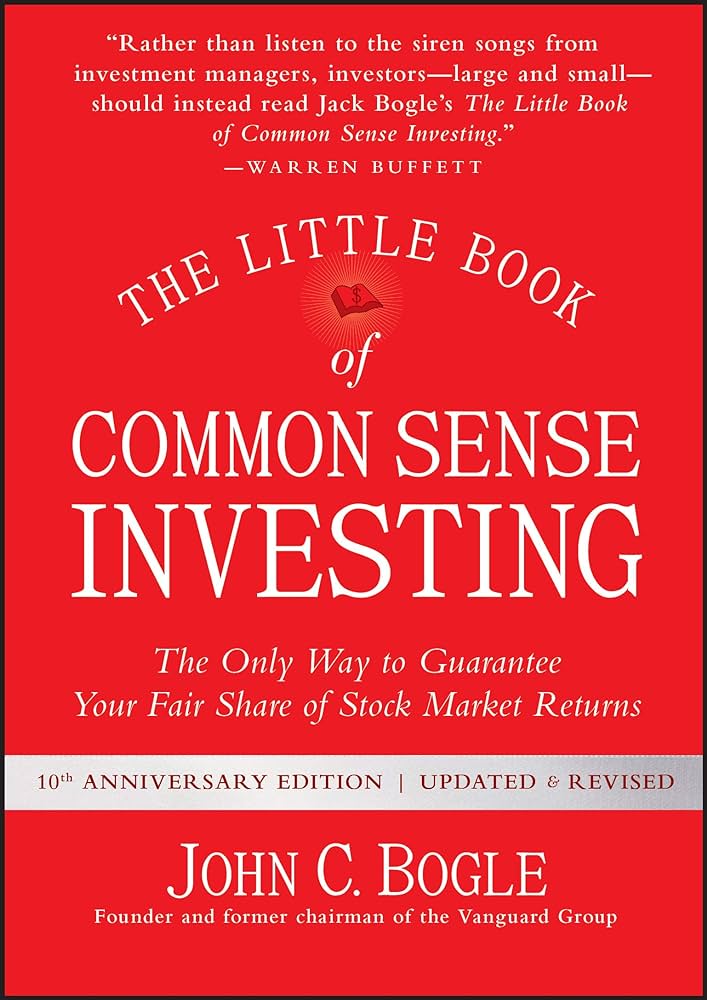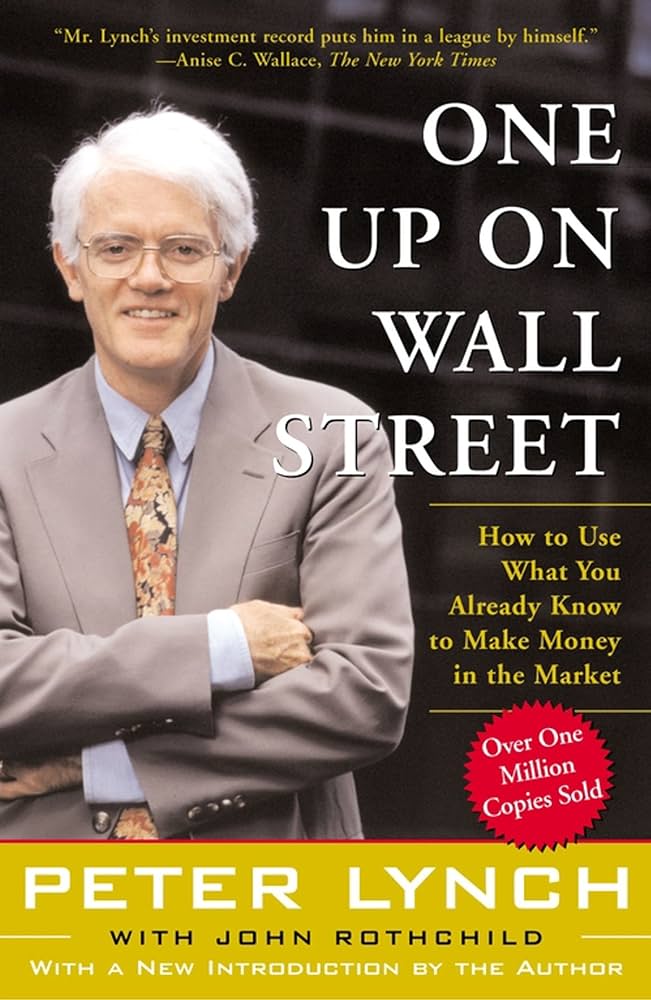Lesson 1. Introduction.
Nowadays, start-ups are being created almost every day. Unfortunately, most of them do not survive for long. Peter Thiel, the co-founder of PayPal, in his book Zero to One, gives the readers valuable advice from his own experience. He follows a unique approach to succeed. Thiel feels that most companies work on the existing products and move from 1 to n. He says that there is so much more to discover. Unless we create new products or services, there will not be much profit. In this book, Thiel talks about how to change the future, why monopolies are good, and why secrets are essential. He also answers about how much time it would take to succeed, the importance of a strong foundation, how should products be sold, and so on.Lesson 2. Change the present for a different future.
According to Peter Thiel, we can bring a change to our future only if we bring a difference in our present. These differences from the present define the future. Even though we cannot see the future, we know that it will be different. Thiel talks about two kinds of changes: Horizontal and Vertical. Horizontal Progress is how we bring improvements on what already exists. Thiel says that globalization is a factor in this progress, where ideas are being spread from one place to another. Vertical Progress happens when we do something completely new that did not exist before. This includes a new technology or method. He calls it ‘Zero to One’. Vertical is not easy to achieve since you have to do something that has not been found yet. This is why you can predict the progress in the future by seeing the present differently.Lesson 3. The Dot Com bubble.
Adding ‘.com’ to a company was considered as an important method to increase the value of the business. Public investors were busy investing in such companies. But dot com companies’ losses were increasing as they grew. Thiel talks about four fake things taught by the dot com bubble.- Incremental advance is the only safe path.
- Stay lean and flexible instead of planning. It tells us to ‘try things out’ instead of making plans.
- Bring improvements on the established markets instead of creating new markets.
- Focus on the product instead of sales. If the product cannot sell by itself, it is not worth it.
- It is better to risk boldness than triviality. <li
 1 Million+ App Download
1 Million+ App Download  4.9App Store Rating
4.9App Store Rating 5000+Summaries & Podcasts
5000+Summaries & Podcasts
Unlock Knowledge with Wizdom App
Explore a world of insights and wisdom at your fingertips with the Wizdom app.
